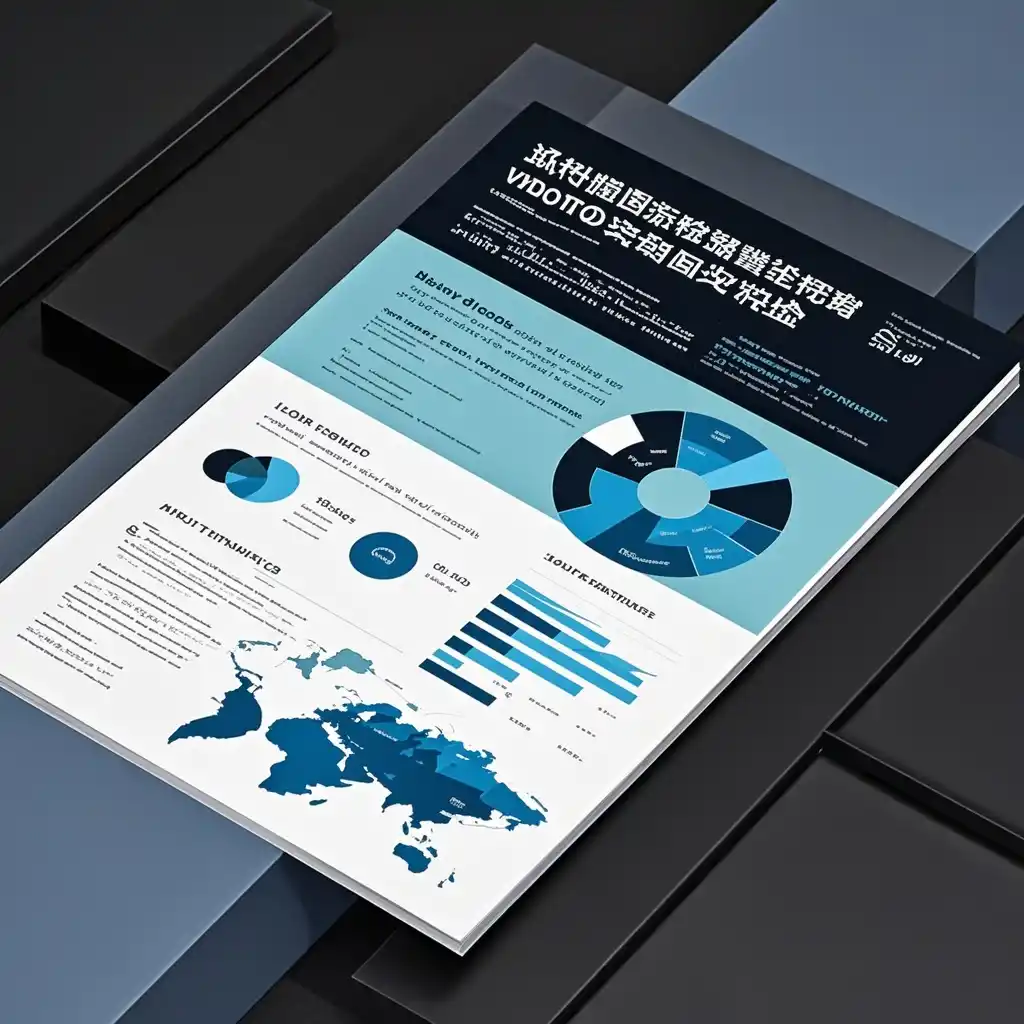

Background
In the era of globalization, e - commerce has emerged as a powerful force in international trade. The World Trade Organization (WTO) and other international organizations play a crucial role in shaping global trade policies, including those related to e - commerce tariff policies. The growth of cross - border e - commerce has been remarkable in recent years. For example, according to data from the United Nations Conference on Trade and Development (UNCTAD), global cross - border e - commerce sales reached approximately $492 billion in 2020. This significant growth has led to increased attention on how international organizations influence e - commerce tariff policies.
Tariffs can have a major impact on the competitiveness and profitability of cross - border e - commerce businesses. For small and medium - sized enterprises (SMEs) in the cross - border e - commerce sector, even a small change in tariff rates can mean the difference between success and failure. These businesses often operate on thin profit margins and rely on international markets for growth. In this context, the influence of international organizations on tariff policies becomes a matter of great importance for the cross - border e - commerce industry.
The Role of International Organizations
The WTO, in particular, has a significant role to play. One of its main functions is to promote free trade through the negotiation of trade agreements. In the context of e - commerce, the WTO has been involved in discussions regarding the treatment of digital products. For instance, there has been debate over whether digital goods such as software, e - books, and music should be subject to tariffs. Some countries advocate for zero - tariff treatment of these digital products, arguing that it would further promote the growth of e - commerce. The WTO provides a platform for member countries to negotiate and reach agreements on such issues.
Another aspect of the WTO's role is in setting rules for trade. It helps to ensure that there is a level playing field for all countries in international trade. When it comes to e - commerce, this means that the rules regarding customs procedures, origin determination, and other relevant aspects are defined in a way that is fair to all trading partners. For example, the WTO's Agreement on Rules of Origin helps to determine where a product is considered to be made, which is crucial for applying the correct tariff rates.
International organizations also play a role in promoting cooperation among countries. They encourage countries to share information and best practices in e - commerce tariff policies. For example, the Organization for Economic Cooperation and Development (OECD) conducts research and provides policy recommendations on e - commerce - related issues, including tariff policies. This cooperation can lead to more harmonized and effective tariff policies across different countries.
The Impact on Cross - border E - commerce Industry Associations
The influence of international organizations on e - commerce tariff policies has a direct impact on cross - border e - commerce industry associations. These associations represent the interests of businesses in the cross - border e - commerce sector. When international organizations promote free trade and lower tariffs, it can create more opportunities for cross - border e - commerce businesses. For example, a reduction in tariffs on consumer electronics products can lead to increased sales for e - commerce companies that deal in these items.
On the other hand, changes in tariff policies can also pose challenges. Industry associations need to help their members adapt to new tariff regulations. For example, if a new origin determination rule is introduced by the WTO, industry associations may need to provide training and guidance to their members on how to comply with the new rule.
Moreover, industry associations can play a role in influencing international organizations' policies. They can represent the collective voice of the cross - border e - commerce industry and advocate for policies that are favorable to their members. For example, they can lobby for lower tariffs on specific product categories that are important for their members' business operations.
Conclusion
In conclusion, international organizations such as the WTO have a significant impact on e - commerce tariff policies. Their roles in promoting free trade, setting rules, and facilitating cooperation among countries are crucial for the development of cross - border e - commerce. The influence of these policies on cross - border e - commerce industry associations is two - fold, creating both opportunities and challenges. Cross - border e - commerce industry associations need to be actively involved in the process, both in terms of helping their members adapt to policy changes and in influencing international organizations' policies to better serve the interests of the industry. As e - commerce continues to grow and evolve, the relationship between international organizations, e - commerce tariff policies, and cross - border e - commerce industry associations will become even more important in the future global trade landscape.